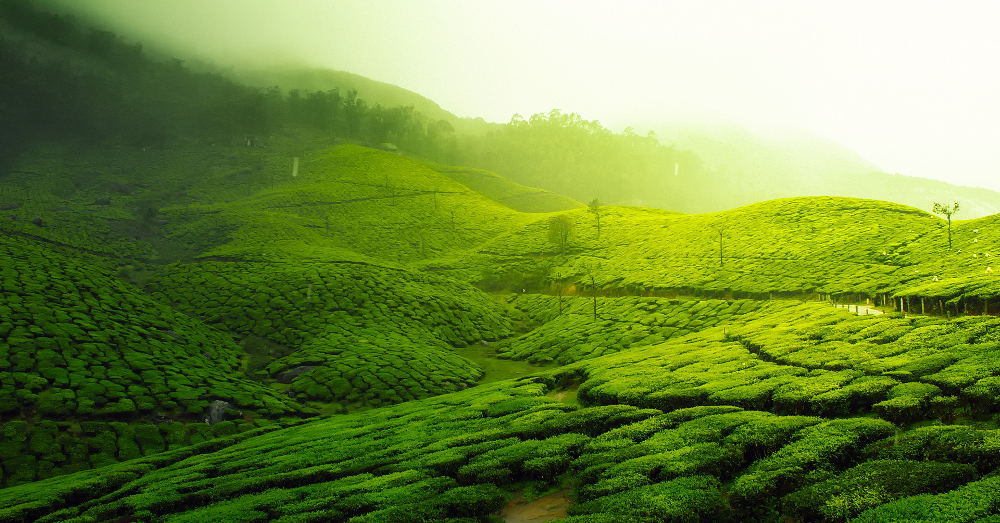
An Indian State Banned Pesticides. Tourism and Wildlife Flourished. Will Others Follow?
Fifteen years ago, the tiny Indian state of Sikkim launched a radical experiment: Its leaders decided to phase out pesticides on every farm in the state, a move without precedent in India — and probably the world.
May 31, 2018 | Source: The Washington Post | by Annie Gowen
SORENG, India — Fifteen years ago, the tiny Indian state of Sikkim launched a radical experiment: Its leaders decided to phase out pesticides on every farm in the state, a move without precedent in India — and probably the world.
The change was especially significant for India, a country whose progress in agriculture was defined by the introduction of fertilizers and pesticides that rapidly boosted food production across the country, staving off famine and reducing the country’s reliance on foreign aid.
But with the indiscriminate use of pesticides came a spike in cancer rates in industrial farming areas. Rivers became polluted and soil infertile. Sikkim’s leaders say they were driven to go all-organic by those concerns and because pesticide residue — including from some chemicals banned in other countries — was tainting fish, vegetables and rice.
